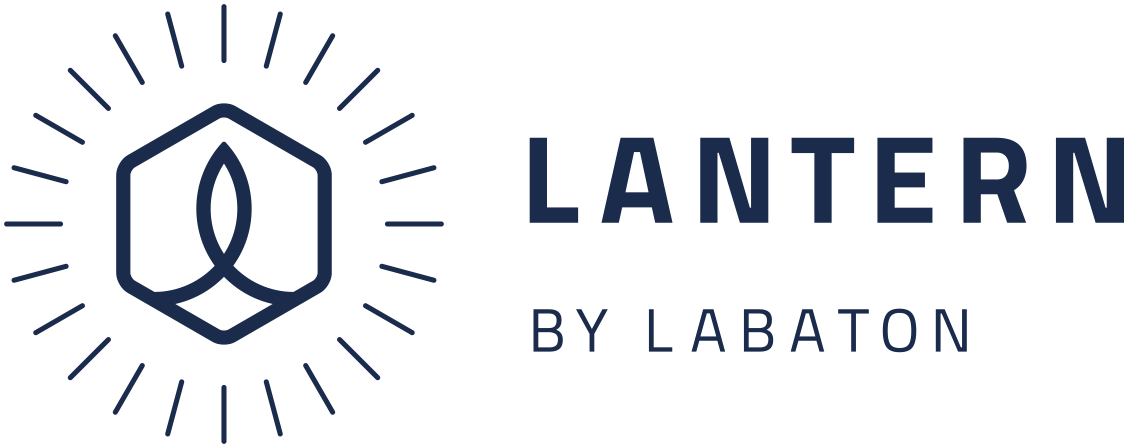Frequently asked questions
TOPICS
- General FAQ
How do I know if I might be eligible for this claim?
If you purchased or lease a new Tesla vehicle within the past four years and relied on the advertised range when making your decision, or if you paid for the premium Full Self-Driving feature, you might be eligible. One claim alleges that Tesla’s advertisements mislead consumers about the true range of its vehicles, in some cases advertising a range as much as 25% more than the actual range after a full charge. The other claim alleges Tesla mislead consumers about the actual capabilities of the Full Self-Driving feature. If you feel the actual range of your Tesla doesn't match the advertised range or if you've had concerns about battery performance, or if you paid for the Full Self-Driving feature, check and see if you qualify for this claim using the link above.
What are state false advertising laws?
State false advertising laws prohibit businesses from making deceptive or misleading statements about their products. These laws aim to protect consumers by ensuring they receive honest information about products and services. In relation to Tesla, the claim alleges potential violations of these laws, suggesting that the company may have misled consumers about the range of their vehicles and the capabilities of the Full Self-Driving feature.
What is the Magnuson-Moss Warranty Act?
The Magnuson-Moss Warranty Act is a federal law that governs warranties on consumer products. Established in 1975, it requires manufacturers and sellers to provide consumers with detailed information about warranty terms. It also sets forth remedies if warranties are not honored. This claim alleges that Tesla breached its warranties by failing to provide a vehicle that conformed to the promises made in its advertised and that it also created a special internal team to divert and cancel customer complaints related to the range of their vehicles and the Full Self-Driving feature.
Has Tesla been formerly investigated?
Yes, Tesla has been under the spotlight. Tesla was fined by South Korean regulators, who found discrepancies in Tesla's advertised range for falsely advertising the ranges of its vehicles and the performance of its Superchargers. The U.S. Environmental Protection Agency (EPA) also evaluated Tesla's practices, particularly concerning vehicle range claims. Since 2020, the EPA has required Tesla to reduce the range estimates Tesla advertised to consumers.
The California DMV has also accused Tesla of falsely advertising the Autopilot and Full Self-Driving feature of its cars. Since 2014, Autopilot has come installed in new Tesla vehicles, but Tesla still charges a significant premium to unlock the Full Self-Driving feature.
The California DMV has also accused Tesla of falsely advertising the Autopilot and Full Self-Driving feature of its cars. Since 2014, Autopilot has come installed in new Tesla vehicles, but Tesla still charges a significant premium to unlock the Full Self-Driving feature.
Is arbitration confidential?
Yes, arbitration is a confidential, private process.
Once I sign up, how does the process work?
Once you sign up, you’ll be asked to sign our attorney-client agreement. That allows us to investigate your private arbitration claim. Then, log in to your secure client portal. All information is strictly privileged and confidential and will only be used for your claim. Answer a few more questions, upload a few documents, and we’ll take it from there. We’ll analyze your claim and your losses, negotiate with the company, and, if necessary, pursue your claim in arbitration.
How do your fees work?
Our fees will be a percentage of the settlement or recovery we obtain for you. That amount will depend on the rules in the state you live in. We only receive a fee if you win, and you will never owe us any money.

